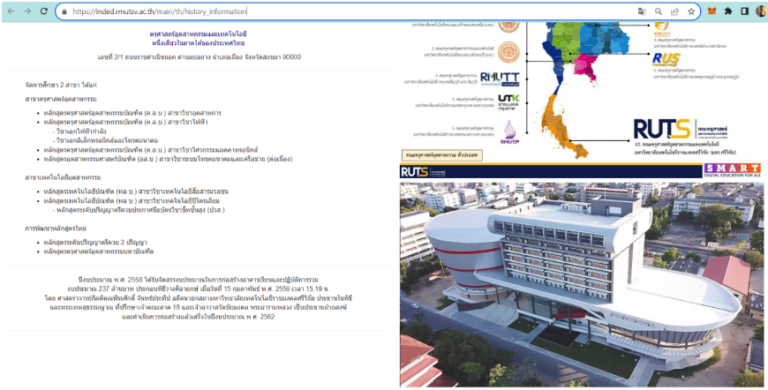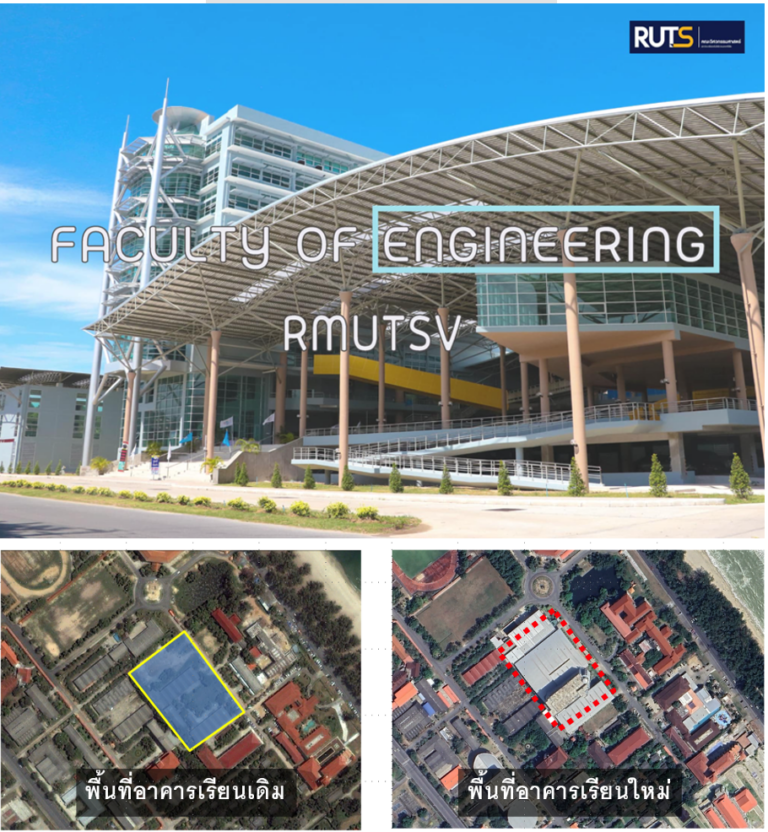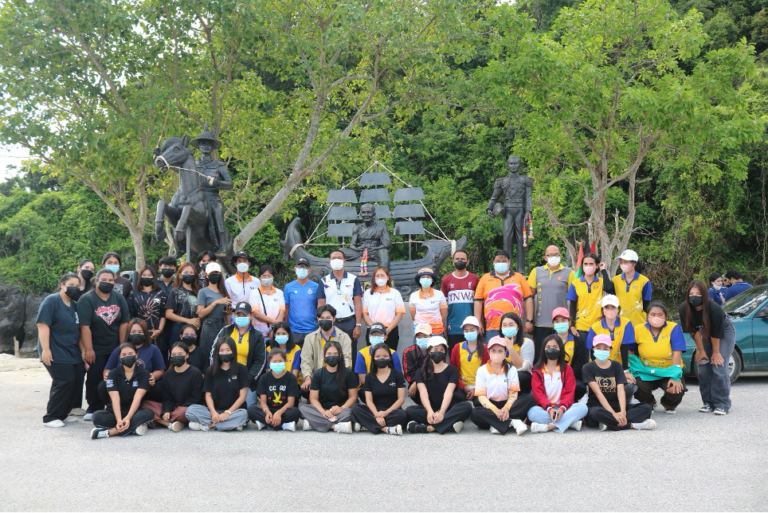Reporters : Dr. Chanyut Sudtongkong, Dr. Thongchai Nitiratsuwan, Miss. Kanokwan Juhong,
Indicator : 14.5.1
Date : November 22, 2022
Related SDGs:
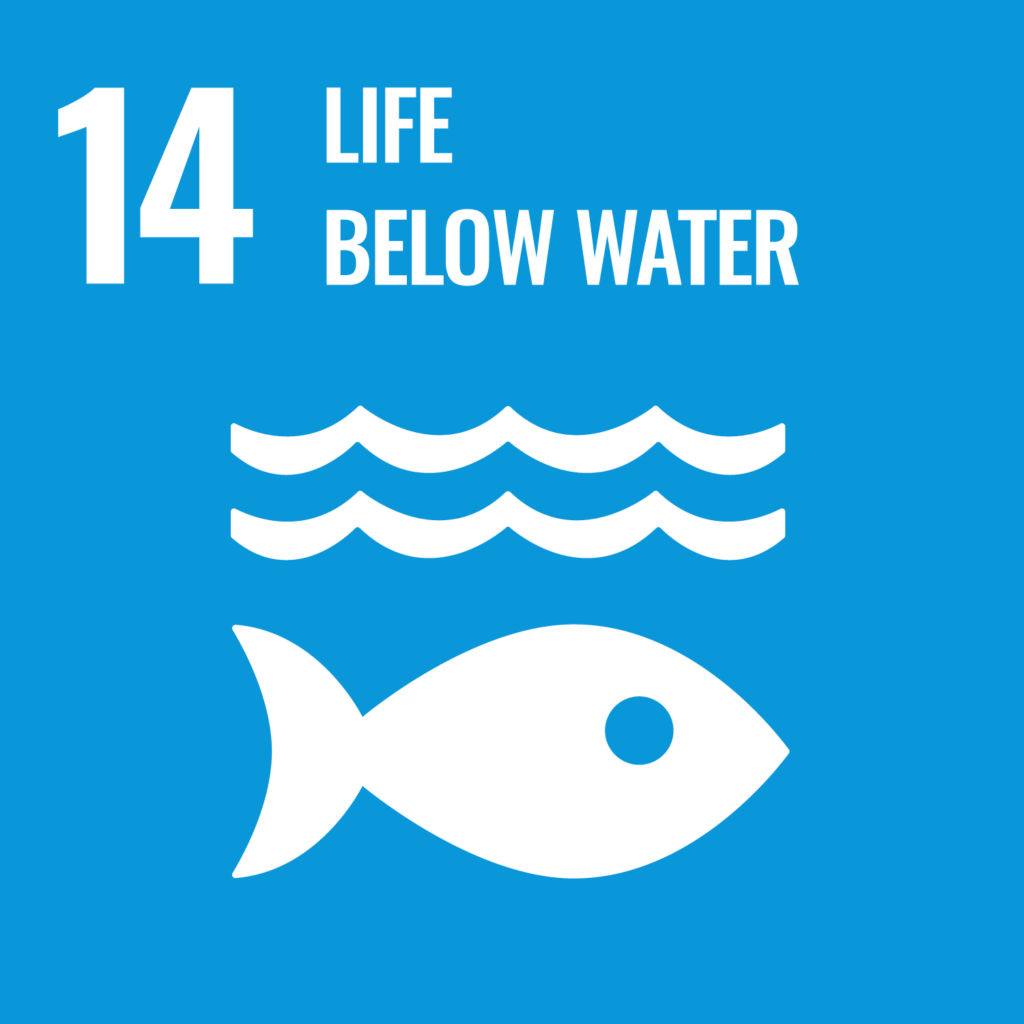
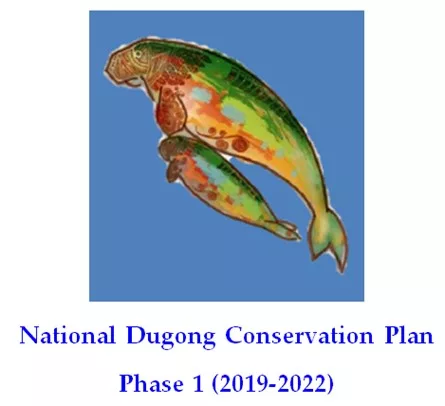
Dugong is a marine mammal that is found in coastal waters of Thailand, both in the Gulf of Thailand and the Andaman Sea. It is a herbivore that feeds on seagrass, and is an important part of the marine ecosystem. Dugongs are listed as vulnerable to extinction by the International Union for Conservation of Nature (IUCN).
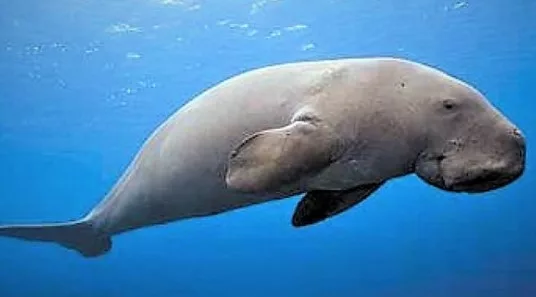
The current population of dugongs in Thailand is estimated to be around 250, with about 70% found in the waters off the coast of Trang Province. Dugongs live in shallow waters near shore where there is seagrass, which is a type of seagrass that is an important food source for them. This makes dugongs vulnerable to human activities, such as fishing.
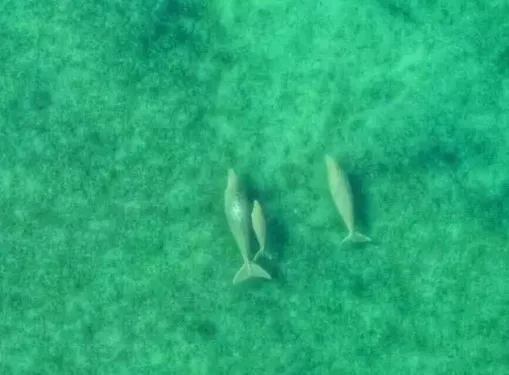
Although dugongs are protected by law as a national protected species under the Wildlife Conservation and Protection Act of 2019, their population in Thailand is still at risk of extinction. This is because only an estimated 250 dugongs remain in Thailand, which is a minimal number. In addition, dugongs live in nearshore areas with seagrass beds, which are also areas of high fish productivity. As a result, there is a lot of fishing activity in these areas, and dugongs are killed as bycatch. In some years, as many as 24 dugongs have been killed. Between 2011 and 2015, the dugong population in Trang Province, home to the largest dugong population in Thailand, declined to a low of 125 individuals.
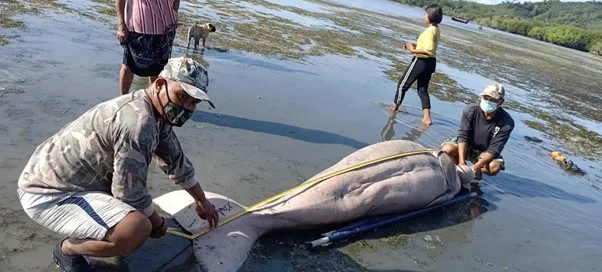
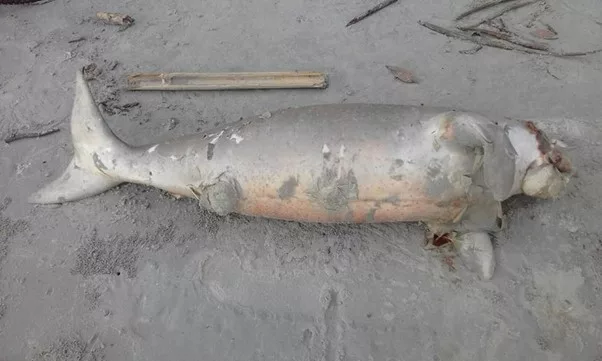
In response to this decline, the RUTS has played a crucial role in preserving aquatic ecosystems, particularly regarding Dugong and its habitat. The academic staff members serve on a committee that actively contributes to formulating and implementing the National Dugong Conservation Plan. The National Dugong Conservation Plan (NDCP) for dugongs in Trang Province was developed in collaboration with local communities (the Trang Traditional Fishermen’s Club), private organizations (the Andaman Foundation), the Thai government (the Trang Provincial Government and local governments), and Universities such as Rajamangala University of Technology Srivijaya (RUTS). The National Dugong Conservation Plan is a comprehensive plan to conserve dugongs and their habitats in Thailand. The plan is based on the success of the dugong conservation program in Trang Province, which has increased the dugong population from 125 to 185 individuals over the past six years.
The goals and objectives of the National Dugong Conservation Plan are divided into three topics. The first objective, to conserve and reduce threats to dugongs and their habitat, is essential for ensuring the species’ long-term survival. The second objective, to research dugongs and their habitat, is vital for understanding the species’ needs and developing effective conservation measures. The third objective, to raise awareness and promote public participation in dugong conservation, is essential for building support for conservation efforts.
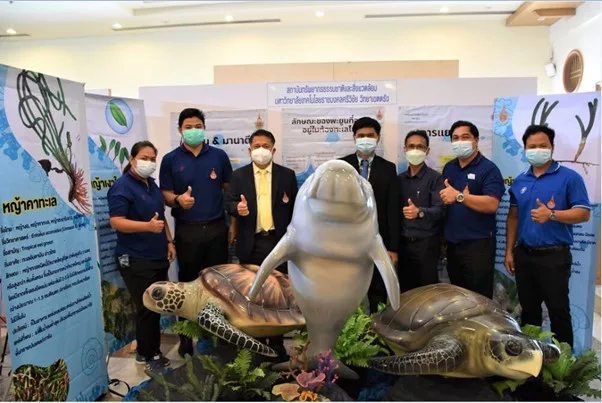
In a significant step forward for dugong conservation plan in Thailand, Rajamangala University of Technology Srivijaya (RUTS), the Department of Marine and Coastal Resources (DMCR), and the Blue Carbon Society have signed a memorandum of understanding (MOU) to establish a research institute for the conservation of dugongs and rare marine animals. The MOU, which was signed on August 17, 2022(The Exhibition of Thailand Dugong & Seagrass Week 2022), aims to strengthen collaboration between the three organizations, disseminate scientific knowledge about dugongs and seagrass to the public, and raise awareness and understanding of the importance of seagrass and dugong conservation among stakeholders and the general public.
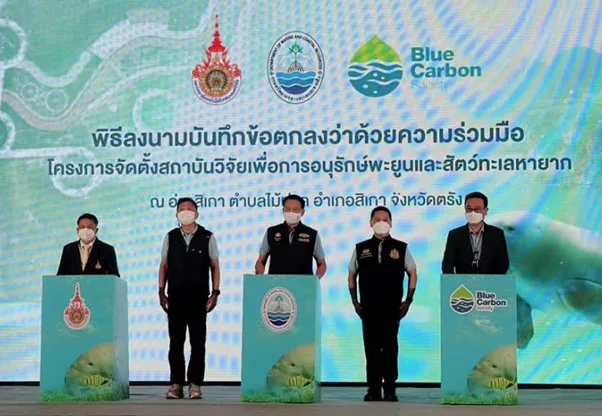
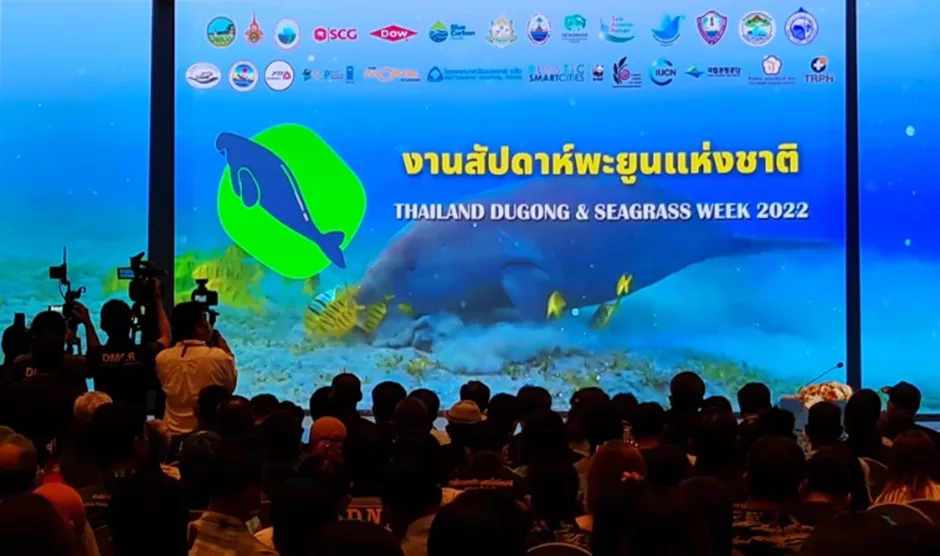
Based on the plan, the Dugong and Endangered Marine Animal Conservation Research Center, with a total budget amounting to $ 1,887,588.32 is currently being constructed on the campus of Rajamangala University of Technology Srivijaya, Trang Province, Thailand. The center would include a hospital for the treatment and rehabilitation of sick Dugongs and Endangered Marine Animals, as well as a research center for Dugong and Endangered Marine Animal studies to support the research and conservation of dugongs and their habitats and to raise awareness and promote participation in the conservation and care of dugongs and their habitats.
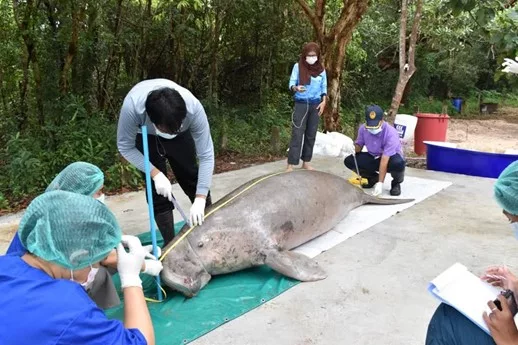
Related Links:
https://www.technologychaoban.com/bullet-news-today/article_225768
http://trang.rmutsv.ac.th/trang/th/news/2563-1660735455-576-170822
https://nrei.rmutsv.ac.th/?q=th/news/618-1679560769-747-230323
https://www.facebook.com/photo?fbid=2762600857331736&set=pcb.2762601417331680

